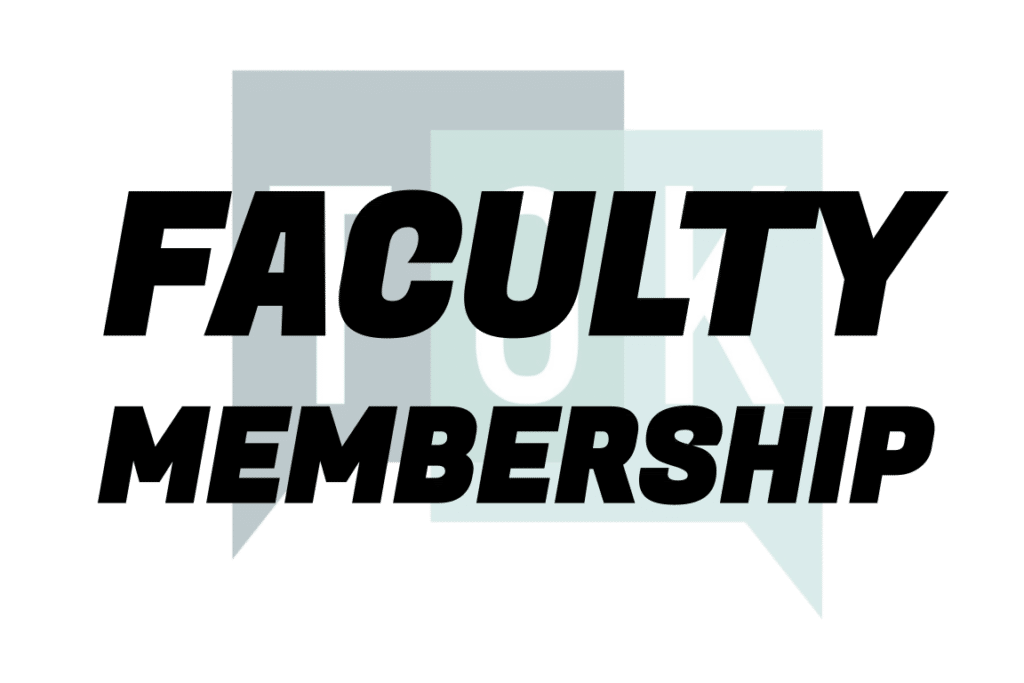Different versions of existence
Years of oppression by colonizing powers, initially involving wide-scale conquest and slavery, afterwards consisting of forcible changes to indigenous peoples’ ways of lives, and most recently characterized by the expropriation of indigenous knowledge and biopiracy of natural resources used and protected by indigenous peoples, have put huge pressures on the relationship between western and indigenous societies.
These difficulties are mirrored in the way the two distinct knowledge systems view each other. Western knowledge systems are built upon the idea of positivism, which is the belief that the most trustworthy source of knowledge is information acquired by the senses and verified by logical, scientific, or mathematical testing. Knowledge that does not come is this way is regarded with a great deal of suspicion. Indigenous knowledge systems, which are based on metaphysical beliefs, tend to view knowledge as much more subjective, and so are not as prescriptive in how they go about acquiring it. In other words, there are lots of different ways that one can learn about the world and our place within it. As Laurelyn Whitt, a philosophy and native studies specialist, puts it:
The richness of the indigenous commitment to epistemological pluralism lies in the recognition that there are diverse “versions of existence,” diverse ways of being in the natural world, and so diverse experiences to appreciate and respect.
The result of all this is that indigenous societies have, at best, been sidelined or looked down upon, but at worst, deliberately suppressed or eradicated. Universities – under pressure by increasingly sophisticated campaigns by indigenous people – are now beginning to resolve this, but there are still relatively few high schools in the world that make indigenous culture a priority. Where indigenous ideas are given curriculum time, it is usually in the form of an appreciation of their artistry, and a rather condescending portrayal of their history. A serious consideration of their worldviews generally does not feature. This, according to Marie Battiste:
perpetuates notions of Indigenous peoples as historical and local, not contemporary and global with a knowledge system that has value for all.
The original empirical thinkers
Indigenous knowledge is acquired in a very different way. The process of finding out about the world is far more empirical, with first hand experience considered the best or even the only way to properly learn. To genuinely understand something, one must use one’s sense perception, as well as language, to experience it. All indigenous societies approach knowledge in this way, so the outlook of Australian aborigines should be regarded as typical:
The need to walk on the land in order to now it is a different approach than the one-dimensional, literate approach to knowing… Persons taught to use all their senses – to absorb every clue to interpreting a complex dynamic reality – may well smile at the illusion that words alone, stripped of complementary sound and colour and texture, can convey meaning adequately. (Marlene Brant Catellano quoted in Science, Colonialism, and Indigenous Peoples, Laurelyn Whitt)
One of the implications of this process of gaining knowledge is that very strong bonds are established between the people and the place in which indigenous people live. In fact, these bonds are as unbreakable as the ones that exist between members of a close family. Referring to this, a member of the Diné people (sometimes incorrectly termed the ‘Navajo’) spoke these moving words in court, as his people were being forcibly removed from their ancestral land on the instigation of a mining company in the 1980s:
When the white man talks of relocation he talks of finding a new place to live, a new job, a new place to pray to his God… The white man can practice his religion anywhere, he does not know the earth. The Diné are different, the land is sacred to us, we cannot practice our religion elsewhere, only on the land where we are known… It is like your family… You could not leave your relatives if they were sick – it is in this way that we must stay with this land, our relative.
The land itself – rather than libraries and the Internet – is where indigenous knowledge is stored, so any relocation of indigenous peoples means dislocation from everything that defines them. It is akin to us having to give up the Internet, our libraries, and all other forms of written knowledge, and still be expected to function as before. “It is to estrange, if not destroy, an entire knowledge and value system.” (See Whitt) The famous ‘songlines’ of the Australian aborigines, described here, are one example of many of this.
Cite this page as: Dunn, Michael. Indigenous and western perspectives. (10th June 2022). https://theoryofknowledge.net/the-tok-course/tok-optional-themes/knowledge-and-indigenous-societies/indigenous-and-western-perspectives/

Join theoryofknowledge.net
Use this content in lesson-ready lessons, receive monthly newsletters for older and younger students, share mini-lessons with your DP faculty, and gain access to the DP Integration Tool, Investigating Issues, Knowledge Heroes, and loads more resources by joining us!